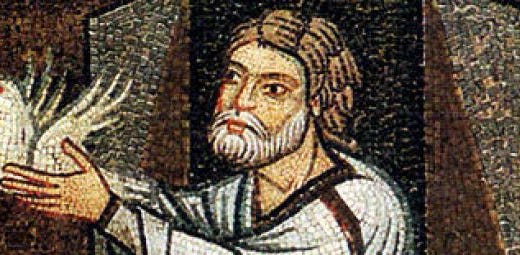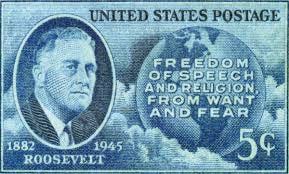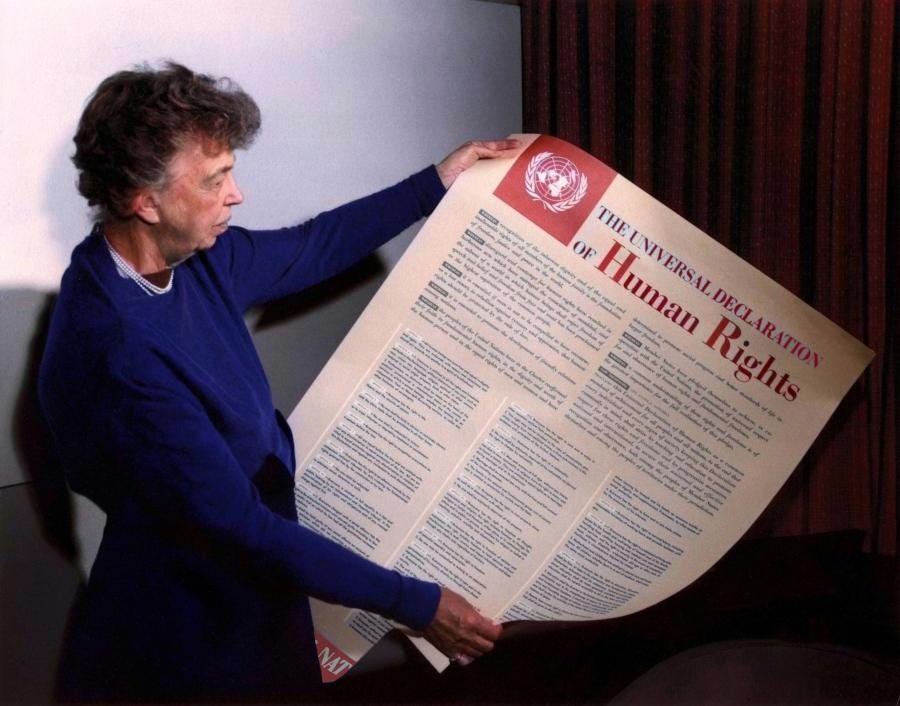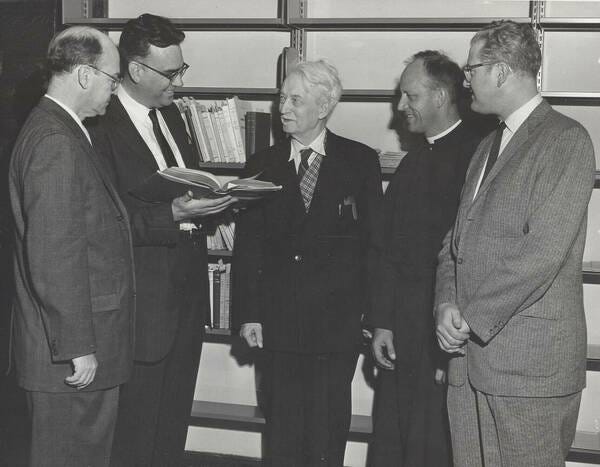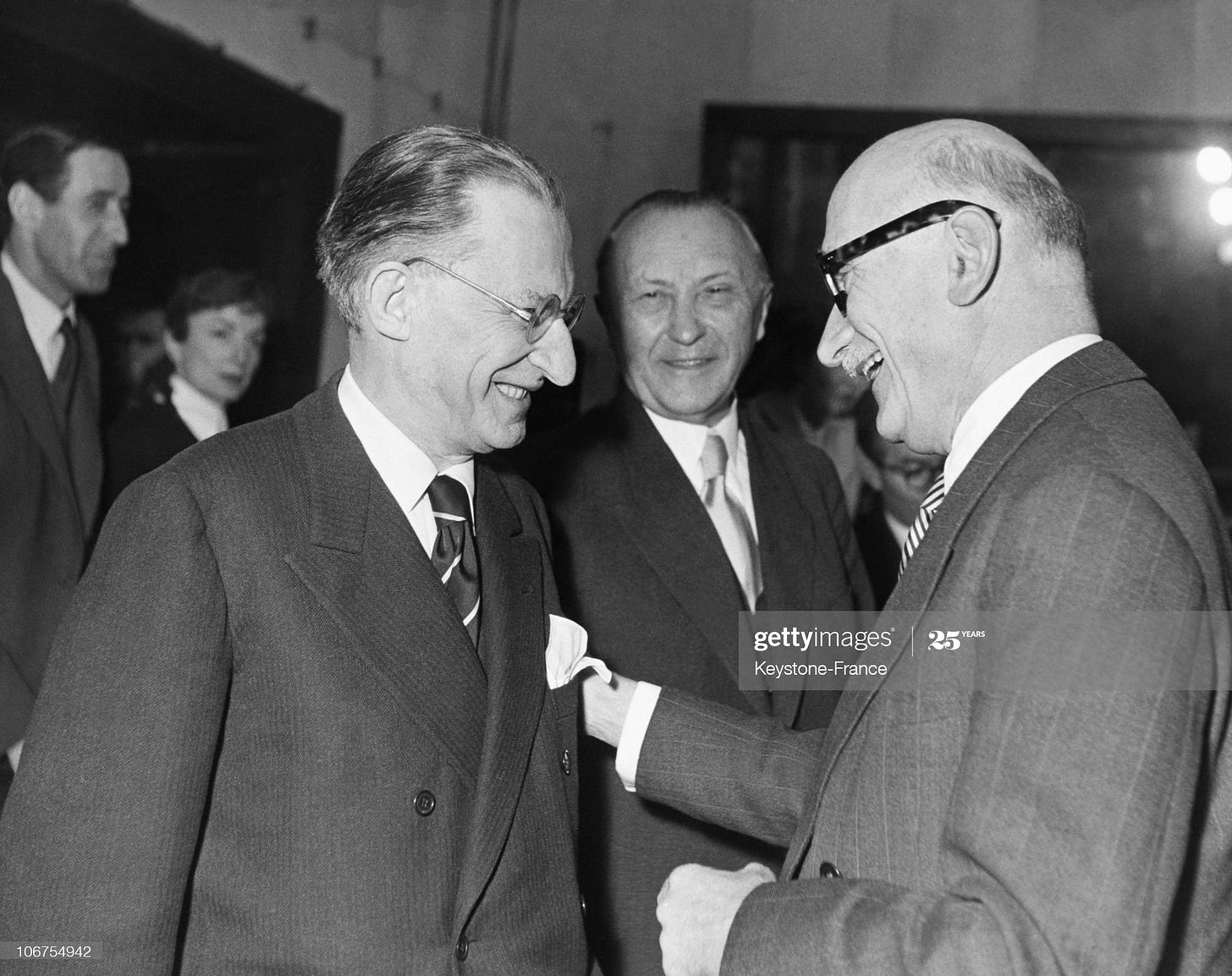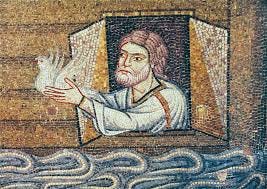Lent and the General Assembly on 'The End of the World?'
The Pontifical Academy for Life on "Crises, Responsibilities and Hope"
This year’s celebration of Ash Wednesday marks the beginning of the penitential season of Lent during a frightening time in human history. The first text from today’s Office of Readings provides a clear statement of the kind of repentance God seeks from us, and which I think has great relevance to the socio-political situation in the United States. It comes from chapter 58 of the Prophet Isaiah. The key excerpt reads:
This, rather, is the fasting that I wish: releasing those bound unjustly, untying the thongs of the yoke; Setting free the oppressed, breaking every yoke; Sharing your bread with the hungry, sheltering the oppressed and the homeless; Clothing the naked when you see them, and not turning your back on your own.
Between the millions impacted by the closure of USAID, the millions of Ukrainians left to the mercy of Putin’s assaults, the vulnerable immigrants, the tens of thousands of public servants fired by DOGE, and the millions at risk of losing medicaid benefits, there are no shortage of oppressed we might assist as part of our lenten penance.
As a refection of our tumultuous times, I recently learned that the Pontifical Academy for Life was holding its 2025 General Assembly on the theme of “The End of the World? Crises, Responsibilities, Hopes” at the Pontifical Patristic Institute Augustinianum in Rome. Although the main part of the Assembly’s title might sound like an overdramatization to some, it reflects the reality of what many recognize as a “world on fire.”
When read complete he subtitle of “Crises, Responsibilities, and Hopes,” however, the complete title of the Assembly strikes what I think is the proper balance between realism and hope. This balance is needed regarding what is certainly a pivotal moment in national, human, and ecclesial history.
This pivot centers in the United States abandoning its previous role as an exemplar of democracy at home and the “leader of the free world” abroad. We seem to have adopted some combination of authoritarianism and oligarchy at home. Even worse, we have become a “rogue state” internationally, in primary alignment with Putin’s Russia. In this new role, the United States is daily betraying and bullying former allies, giving geopolitical victories to Russia, and threatening imperial expansion against countries including Panama, Canada, and Greenland. This is a crucial time for the Catholic Church in especially the United States because many conservative Catholics—both laity and clergy—have been integral to this transformation of American democracy. They have done so moreover, in a way that runs strongly against Catholic Social Teaching, which explains much of the tension with the magisterium of Pope Francis.
Given the hope that follows from the Christian faith in a good and loving God who acts in history, however, the outcome of the historical drama of the human family on earth is yet to be determined.
In his opening remarks to the General Assembly of the Pontifical Academy for Life,
Archbishop Vincenzo Paglia began by observing that the event’s theme recognizes the growing awareness of a sort of ‘polycrisis’ that Pope Francis has acknowledged in the past. Amid the dramatic realities that threaten the planet and even threaten to “submerge” us, said the Archbishop, if everyone comes together, it can help us combat this phenomenon.
[Noah’s Ark, St. Mark’s Basilica]
The archbishop’s opening remarks also reflect this needed balance by both recognizing that the global “polycrisis” threatens “the end of the world”—at least as we have known it—while also emphasizing that we can count on God’s help, …if we come together to combat it. In hoping for God’s gracious gift of another chance for today’s human family under threat of drowning, the General Assembly employs the above fresco from St. Mark’s Basilica. It depicts the story of Noah releasing the raven to see if the waters were sufficiently subsiding so that the human family might have a new chance to build a more peaceful and just world.
Upon reading this narrative from Genesis 8 before mass on February 19 when it occurred in the lectionary, I was reminded of an earlier era marked by hope in the opportunities provided by a chance to build anew, and prayed that we might see another such era. This earlier era that came to mind was the one that followed the Second World War. As the threat of fascism spread in early 1941, President Franklin Delano Roosevelt articulated the guiding vision for a better world in his famous “four freedoms” speech of January 1941, a vision that aligns nicely with that of Catholic Social Teaching, especially as our tradition develops after the war.
These began with the “freedom of speech” that was an essential mark of democracy, and included the “freedom of religion” that made the United States a refuge for multitudes, and an exemplar for much of the world. After the widespread suffering that followed the Great Depression, it was easy to build consensus for the goal of “freedom from want.” Given the threat of fascist oppression, moreover, Roosevelt rallied Americans—and much of the world with his goal of a world of “freedom from fear.”
After the defeat of fascism by the Allied Powers, their alliance grew into the United Nations, marking the era of postwar hope discussed by Pope Francis in his encyclical Fratelli Tutti: On Fraternity and Social Friendship. During these postwar years when the devastation of the war was still fresh in many minds—and when the recent use of nuclear weapons suggested that the human family might not survive another major conflagration—a broad coalition came together to build a more just and peaceful world.
These efforts were assisted by the new Christian humanism being articulated by Catholic intellectuals like Jacques Maritain, which helped Catholics to see their collaboration in such global efforts as a natural evolution of our social tradition to foster justice and charity in the world. Such work contributed to the achievement of a major milestone on the path to building such a more just and peaceful world with the ratification of the 1948 Universal Declaration on Human Rights, under the leadership of Eleanor Roosevelt.
[Eleanor Roosevelt Holding Universal Declaration on Human Rights]
Here husband Franklin saw great harmony between Catholic Social Teaching and his intuitions for the nation and the world. He demonstrated has affinities by reading from Pius IX’s 1931 social encyclical Quadragesimo Anno: On Reconstruction of the Social Order, by having Msgr. John A. Ryan—the leading American social Catholic of the day—give the benediction at two of his inaugurations, and through speeches.
Catholics informed by our social tradition, therefore, helped prepare for these postwar efforts, participated in them, and learned from them. This helps to explain why postwar Catholic Social Doctrine aligns closely with the consensus for constitutional democratic states, for human rights, and for international institutions, even if they all require continual development and reform.
I have already noted that, in building this new world, the wartime work of Catholic scholars—especially Yves Simon and Jacques Maritain was foundational.
[Jacques Maritain at the 1958 Founding of the Maritain Center at Notre Dame]
In particular, I refer to their efforts to reconcile Catholicism—including its intellectual “point of reference” in Thomism—with constitutional democracy and human rights. Such work in reconciling Catholicism with democracy built upon that of earlier pioneers of Christian democracy like Italy’s Servant of God Fr. Luigi Sturzo, whose opposition to fascism led to his exile during the dictatorship of Mussolini. It also included the other earlier Italian social Catholics, including the Blessed Giuseppe Toniolo, and Romolo Murri. The latter had been suspended a divinis from priestly ministry in 1907 for his democratic activities and then excommunicated in 1909, before being reconciled to the Church in 1943 by Pope Pius XII.
Pius had deep familiarity with the evil of fascism through his prewar years in Germany as the Nazis came into power and exercised it brutally. Through his famous Christmas Address of 1944, he decisively pointed the postwar Church toward some form of constitutional democracy, despite his understanding—from his experience in Germany—of the continual threat that demagogues would seize power by manipulating the masses through lies and propaganda.1
Building on the philosophical work of Maritain and Simon, and encouraged by Pope Pius XII, Catholics informed by—and helping to shape—our social tradition worked to build a new Europe. This was according to the model of constitutional democratic states, with mixed economies embedded within an array of public institutions. Such embedded markets are distinguished from the mythical “free” ones that leave the rich and powerful the freedom to dominate not just in the economic domain. They also allow them the freedom to dominate politics, as we see today in a new gilded age.
In the political sphere, these postwar Catholic advocates of democracy included Alcide De Gasperi of Italy, Conrad Adenauer of Germany and Robert Schuman of France. According to the article on wikipedia, the latter—for example—had studied philosophy and theology at universities in Germany, and “joined the Catholic student association Unitas in Bonn” before returning to France, starting his career as a lawyer and public servant, and joining L'Union Populaire Catholique. His exemplary life as a social Catholic and public servant will be discussed at greater length in a future post.
[The Catholic founders of postwar Europe in 1951: De Gasperi, Adenauer and Schuman. Getty Images]
Consistent with the work of the General Assembly of the PAL, I have striven to strike the same balance between sounding the alarm about our situation and hope for another opportunity to forge a better path, especially with God’s help. One example is a recent substack post in support of the Jubilee Year of Hope, which discusses it in the context of the polycrisis we face.
I have similarly tried to strike this balance in this substack, and in my two volume edited collection Social Catholicism for the Twenty-First Century?, the first volume of which has the subtitle of Historical Perspectives and Constitutional Democracy in Peril. In it, I argued during the election year for the importance of electing competent leadership that would recognise the urgent need to strengthen our public and international institutions so we have the capacity to manage the polycris. On the other hand, I warned of the danger of populist demagogues in league with oligarchs who would destroy our institutions, thereby raising the likelihood that the polycrisis would spin out of control. Now that we have a demagogue at the seat of political power, even yesterday’s Wall Street Journal expresses fear of him plunging the world into a new depression.2 Like the General Assembly, my second volume emphasized the theme of hope in building a future worthy of the human family, as indicated by the subtitle New Hope for Ecclesial and Societal Renewal.
Let us pray for the success of the General Assembly of the Pontifical Academy for Life. This Academy has—wisely in my opinion—broadened its focus from a narrow set of issues like abortion, to a more comprehensive grasp of the threats to the lives of untold millions today. May their work contribute to a new chance for the human family, for which I think a contemporary renewal of social Catholicism will be indispensable, so that Catholics enter into the hard work of renewing American democracy.
He writes as follows. 24. “The masses, on the contrary, wait for the impulse from outside, an easy plaything in the hands of anyone who exploits their instincts and impressions; ready to follow in turn, today this flag, tomorrow another…. 26. The elementary power of the masses, deftly managed and employed, the state also can utilize: in the ambitious hands of one or of several who have been artificially brought together for selfish aims, the state itself, with the support of the masses, reduced to the minimum status of a mere machine, can impose its whims on the better part of the real people: the common interest remains seriously, and for a long time, injured by this process, and the injury is very often hard to heal. 27. Hence follows clearly another conclusion: the masses — as we have just defined them — are the capital enemy of true democracy and of its ideal of liberty and equality.”,
Joshua Kirby, “Tariff War Risks Sinking World Into New Great Depression, International Chamber of Commerce Warns: The world economy could face a crash similar to the Great Depression of the 1930s,” https://www.wsj.com/economy/trade/tariff-war-risks-sinking-world-into-new-great-depression-235fffeb?mod=hp_major_pos2.


